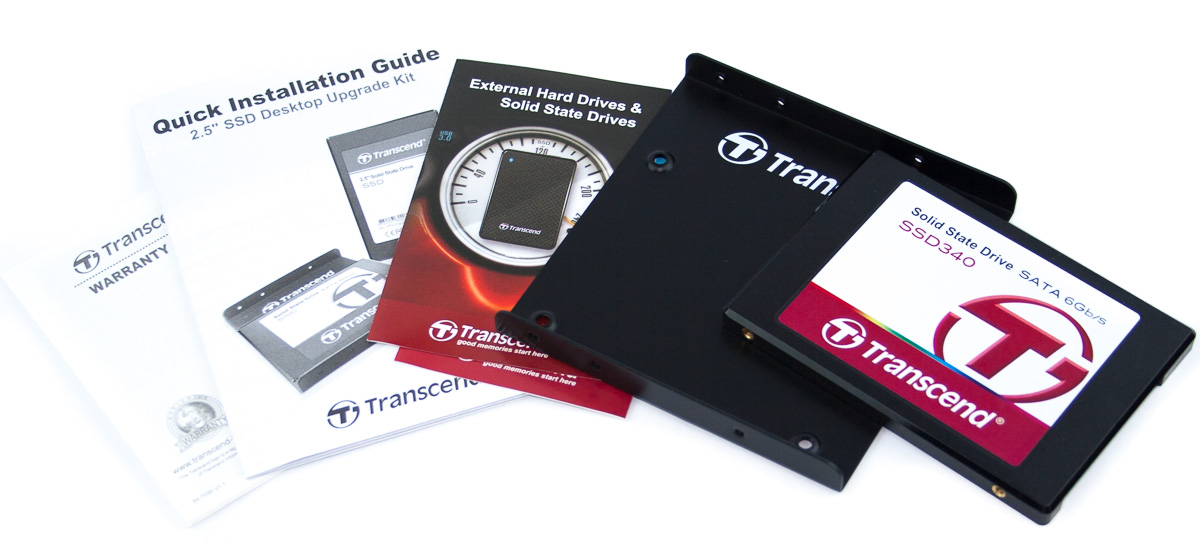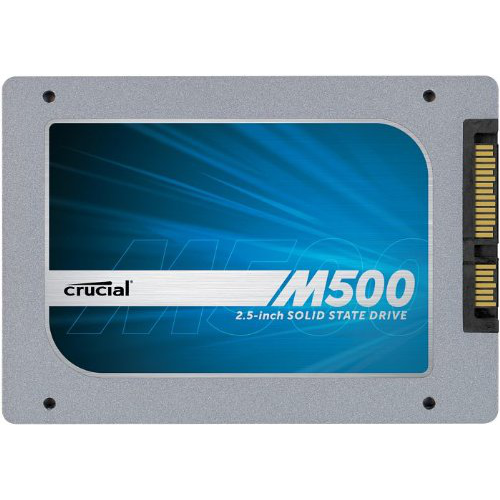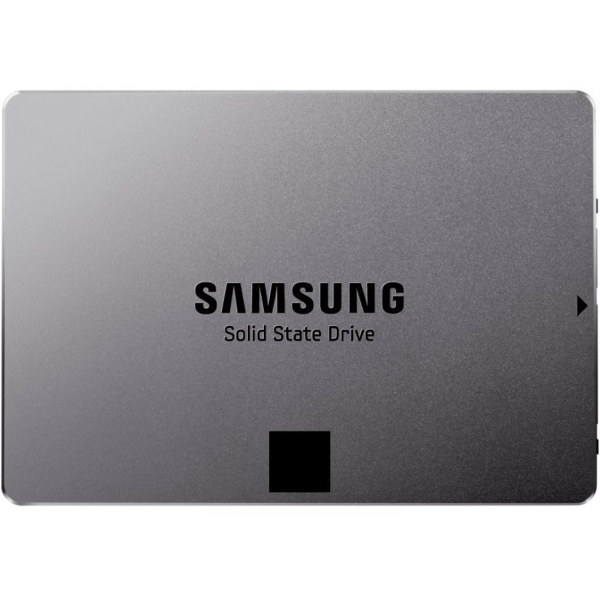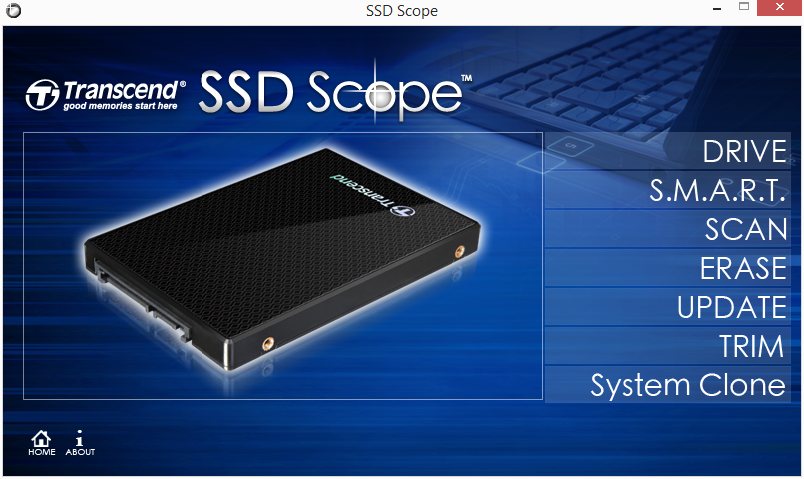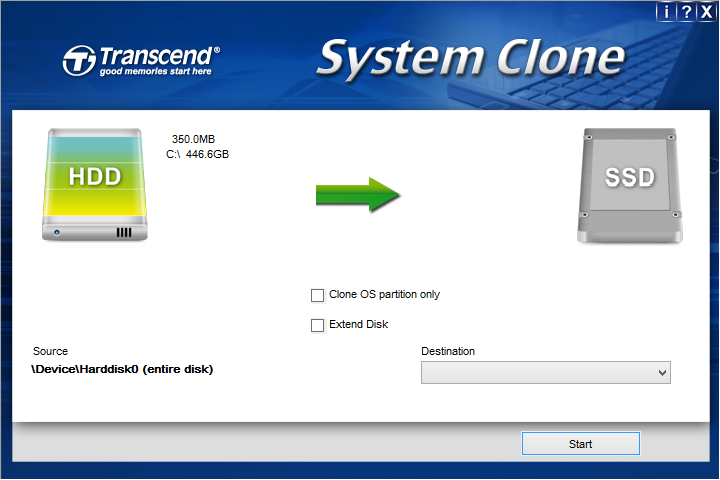Transcend SSD340 256 GB Review: Now With JMicron Inside
We have our first retail SSD with JMicron's JMF667H controller. Paying $115 for 256 GB of fast storage sure sounds attractive, but has the company ironed out the issues that plagued it in the early days of SSDs? We run its SSD340 through our grinder.
SSD340: An Attractive Price, But Not Differentiated
In its high school yearbook, the SSD340 was probably voted "Most Likely to Blend In". Without much to set it apart from a pile of other drives in our lab, it'd be easy to overlook. There's just so much good storage out there.
I have to believe that most enthusiasts start their SSD search on the value end of the spectrum and most choose to stay there when it comes time to buy. In that way, the SSD340 lives its life in a target-rich environment. But it probably has a harder time closing the deal.
Still, armed with JMicron's JMF667H processor and economical L85A flash, the SSD340 does a lot with relatively modest firepower. As such, it does deserve a mention from the crowd of mainstream 256 GB-class SSDs swimming around the $120 price point. Crucial's M500 is the SSD340's closest competitor, which sucks for Transcend because the M500 has one feature the SSD340 lacks: TCG Opal 2.0 and Microsoft eDrive support for hardware-based encryption with Bitlocker. It's a small addition. But given that most performance metrics put the drives on equal footing, it tips the scales in Crucial's favor. Samsung's 250 GB 840 EVO is definitively faster. However, it's also about 15% more expensive. Instead, the SSD340 is going to appeal to folks out shopping for 128 GB drives, who decide to treat themselves to 256 GB for a few dollars more. The same applies to the M500, but that model might not be around much longer.
You do get one cool unique feature: a piece of software called SSD Scope, which is the Taiwanese firm's toolbox. With it, system images can be cloned, TRIM can be sent, firmware updated, and secure erasures performed. I like a good SSD management utility bundled with my SSDs, and Transcend's is surprisingly excellent.
There is one competitor I haven't mentioned yet, which could be a problem for Transcend, and that's PNY with its Optima 240 GB using the SM2246EN processor. We loved four-channel controller last year when we looked at Silicon Motion's reference platform. Now that products based on that chip and JMicron's JMF667H are available, the mainstream segment is loaded with compelling hardware.
With all of the talk about SATA Express and PCIe, it's easy for enthusiasts to adopt a "wait a little while longer" approach to storage. For most, however, that's not a great idea. There's a good chance you won't notice the difference between a fast SATA 6Gb/s SSD and something plugged into M.2. And this is from a guy who tests SSDs all day, every day.
And the SSD340 certainly is quick. But I can't say I envy Transcend right now. Selling drives at the value end of the market must be difficult. But thanks to cheap flash and solid third-party controllers like the JMF667H, those vendors without their own foundation of IP still stand a chance in the aftermarket.
Get Tom's Hardware's best news and in-depth reviews, straight to your inbox.
Current page: SSD340: An Attractive Price, But Not Differentiated
Prev Page Power Consumption: Now With DevSlp Testing-
anthony8989 Great article, much appreciated!Reply
In the conclusion you put:the M500 has one feature the SSD340 lacks: TCG Opal 2.0 and Microsoft eDrive support
That would be two features! -
Tanquen "There's a good chance you won't notice the difference between a fast SATA 6Gb/s SSD and something plugged into M.2. And this is from a guy who tests SSDs all day, every day."Reply
There is a good chance you won’t notice the difference between a “fast” SSD and a hard disk in the day to day life of a PC. -
user 18 Reply13822529 said:"There's a good chance you won't notice the difference between a fast SATA 6Gb/s SSD and something plugged into M.2. And this is from a guy who tests SSDs all day, every day."
There is a good chance you won’t notice the difference between a “fast” SSD and a hard disk in the day to day life of a PC.
I don't think that's accurate. I have two otherwise-identical laptops, one with an SSD for its boot drive and one with a HDD. The one with the SSD is hands down faster in program launches, file opening, and other read/write tasks.
I've also compared fresh installs of multiple OSs (Windows 7, Linux Mint 16, Ubuntu 14.04) between hard drive and SSD, as well as comparing them to my old Windows 7 install on a relatively slow SSD, and none of the fresh installs on hard drives even came close in speed to the old and bloated install on the SSD.
I'm sorry that you haven't experienced the difference between a SSD and a HDD, I do truly believe it is the single most important upgrade one can make to their PC. -
Tanquen Reply13822633 said:13822529 said:"There's a good chance you won't notice the difference between a fast SATA 6Gb/s SSD and something plugged into M.2. And this is from a guy who tests SSDs all day, every day."
There is a good chance you won’t notice the difference between a “fast” SSD and a hard disk in the day to day life of a PC.
I don't think that's accurate. I have two otherwise-identical laptops, one with an SSD for its boot drive and one with a HDD. The one with the SSD is hands down faster in program launches, file opening, and other read/write tasks.
I've also compared fresh installs of multiple OSs (Windows 7, Linux Mint 16, Ubuntu 14.04) between hard drive and SSD, as well as comparing them to my old Windows 7 install on a relatively slow SSD, and none of the fresh installs on hard drives even came close in speed to the old and bloated install on the SSD.
I'm sorry that you haven't experienced the difference between a SSD and a HDD, I do truly believe it is the single most important upgrade one can make to their PC.
Lots of upgrades can be important depending where you are at with each component. If you have a slow low power 2.5” hard disk in your laptop then an SSD can help. But I’m looking at all other things being equal and SSDs just don’t help that much when you have a fast 3.5” HD. When I compare the same tasks on my old PC with a HD that has a good 150MB+ read write speed and other than benchmarking the Windows boot time and a few large apps starting up it just not a big deal. Even then you have to clock it and see that it took 30 seconds and not 38. In my day to day work I just don’t notice. You have to set there and clock the Windows startup time. Are my work VMware sessions any faster, do my games start any faster? No, not really. I have even played around with a 50GB RAM drive with 3000MB+ read/write speeds and my games and VMware sessions are just about the same. Windows and the apps are waiting on other things and the bottleneck is just moved elsewhere. All my games are on my supper fast 400MB+ SSD and when my friend comes over he plays on my poor old HD base PC with slower RAM and slower CPU and a slower GPU and all the different games we play together I load the games maybe a few seconds before he does and with some games there is no difference. -
nekromobo Tanguen thats because your slow machine isn't loading the full size textures, meches and running the game on maxed settings. Can't you just think about it before talking from your *!#.Reply
Your almost never going to be doing sequential write/read for 150MB+ on a HDD and that random read/write will just kill that speed.
